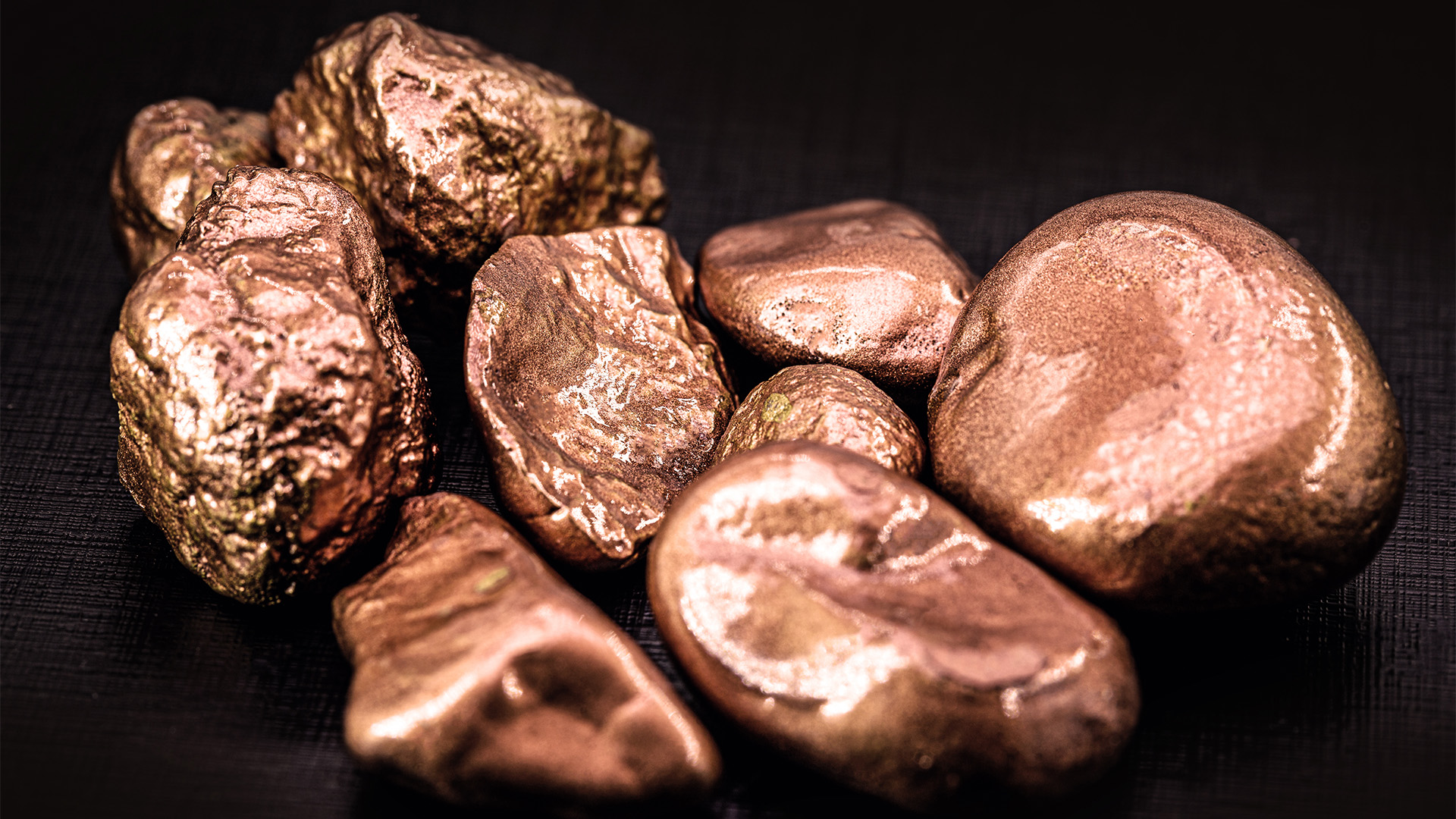Iron ore prices have taken a nosedive, plummeting nearly 5 per cent and inching towards the $US110 a tonne threshold, as China's demand disappoints, leaving the market grappling with hefty inventories.
The backbone of steel production has witnessed a steep decline of almost a quarter since its peak in early January, with China's real estate and manufacturing sectors bearing the brunt of the downturn. The ongoing annual National People’s Congress in Beijing, slated to conclude on Monday, has offered scant prospects for a demand resurgence, while iron ore stockpiles at ports have swollen to their highest levels in a year.
In Singapore, iron ore futures slumped by 4.6 per cent to $US110.55 a tonne as of 11:35 am local time, marking their potential lowest close since August. Concurrently, futures in Dalian experienced a 3.7 per cent decline, with steel contracts in Shanghai following suit.
Analysts at Jinrui Futures underscored the necessity for further price declines to stimulate inventory withdrawals, suggesting the establishment of short positions in iron ore before Chinese steel demand rebounds.
Despite expectations for a post-Lunar New Year surge in construction activity, the reality remains lackluster as China's protracted crackdown on property debt continues to stifle a crucial source of steel demand. Notably, Beijing has refrained from implementing substantial infrastructure stimulus packages akin to those utilized in prior economic revivals.
Over the weekend, Beijing reiterated its firm stance that residential properties are meant for occupancy, not speculation, amidst a looming property crisis. This reaffirmation followed the exclusion of the slogan "housing is for living in, not speculation" from Premier Li Qiang’s government work report draft for the first time since 2019, underscoring China's enduring commitment to curbing speculative practices in the real estate market.














